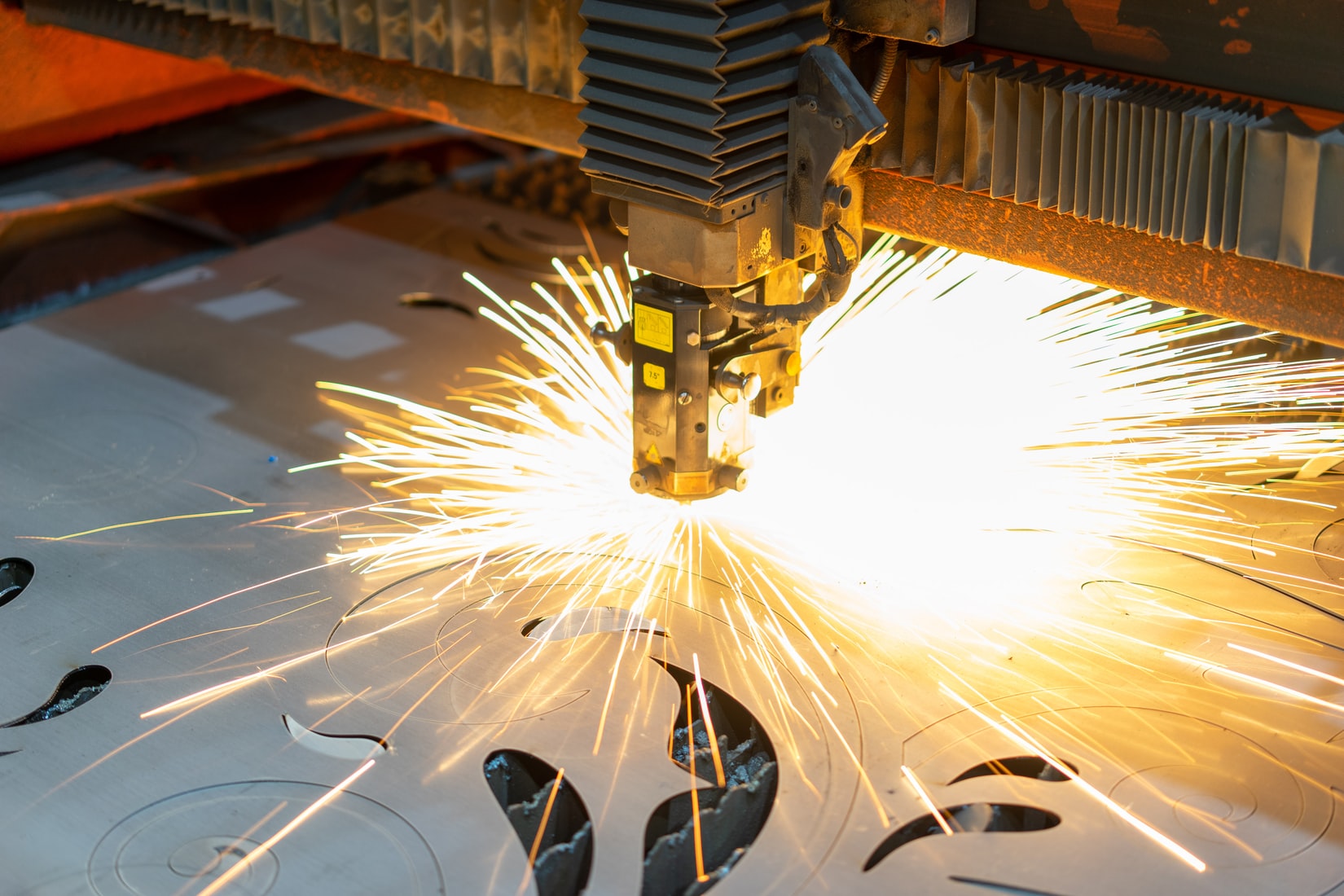By Mariana Costa, Marketing Specialist at PackIOT
Lean manufacturing or lean production is a methodology already accepted in the industrial context. It concerns a strict approach to the integration of humans in the manufacturing process through the continuous improvement and focus on activities that add value while eliminating waste. On the other hand, we already know about Industry 4.0 and how it has been emerging in the manufacturing sector. What we usually call 4.0 technologies allow the creation of smart networks of machines, products, components, individuals and ICT systems in the entire value chain to have an intelligent factory.
What is the value of lean methodology for manufacturers? It helps manufacturers reduce operational complexity, eliminate waste and drive productivity improvements by empowering workers on the shop floor. The human element is a key principle of lean manufacturing because human analysis and flexibility produces the majority of the efficiency from these principles. When we think about the types of waste considered in this methodology we can find eight: transportation, inventory, motion, waiting time, overproduction, over processing, defects and unutilized talent.
We can look at Industry 4.0 as the technology enabler and for lean manufacturing as the cultural application of that technology. What this means is that Industry 4.0 relies on modern technology to address the problems manufacturers face. On the other hand, a lean philosophy is centred on people, processes and a culture of continuous improvement to reduce waste. These two definitions can be antagonic at first and (apparently) impossible to co-exist but that is not true! In fact, its combination can be defined as Lean 4.0.
We know that with the latest technological advances and developments it is easy to think about the future as a form of widespread computerization. Let’s not forget that people and process aspects, which are molded by culture and central do the Lean method, still play and will continue to play an important role in the modern digital production systems and supply chains. We still rely on people to design, programme, operate, maintain and improve all the machinery, equipment and robots to enable digitilization and automation. So, the very short answer for “Will industry 4.0 replace Lean?” is No…
We can expect the opposite of replacement as an idea of co-existence between Industry 4.0 and lean manufacturing. The reason to this is, in fact, the necessity of implementing effective and efficient processes as a precondition to operate successfully. Said this, we can actually bring one of the famous Bill Gate’s rules of automation:
“…[any] automation applied to an inefficient operation will [only] magnify the inefficiency.”
Not only can we verify the existent compatibility with these both worlds but also the synergetic dynamic. 4.0 technologies and lean manufacturing tactics can operate together and support each other. This offers your manufacturing company and others the opportunity to improve savings and efficiency up to 40% or more.
How to combine both worlds and adopt Lean 4.0?
1_Time-consuming changeovers
By aligning lean management principles along with digital automation tools, such as sensors and software, manufacturers enable efficient changeovers and, possibly, without the need for the intervention of an operator.
2_Equipment breakdown and failures
Equipment breakdown is a pain point often experienced in the manufacturing sector. Lean 4.0 can help overcome it! By adopting methods such as preventive maintenance, manufacturers can improve the OEE – Overall Equipment Effectiveness – by reducing the downtime required to fix certain issues.
Industry 4.0 takes this task on a new level. In fact, the advanced analytics algorithms and machine-learning techniques, with the help of sensors, can transform data into useful information to identify the possibility of breakdown before it happens. Real-time data is also a key element to accelerate continuous improvement and innovation. Line managers can use this data to help them identify the causes behind performance issues.
3_Inconsistent quality of production
While lean management tools have helped reducing the likelihood of errors and improve error detection, Industry 4.0 helps take this further by helping manufacturers identify, keep track and fix the root cause of errors. Once again, it comes down to data analysis. Through data collection and software support it is possible to create detailed analytics. Operators are then equipped with the right tools to analyze the data in real time and make sure the production output is going like it should, ticking all the boxes for the high quality standards proposed.




